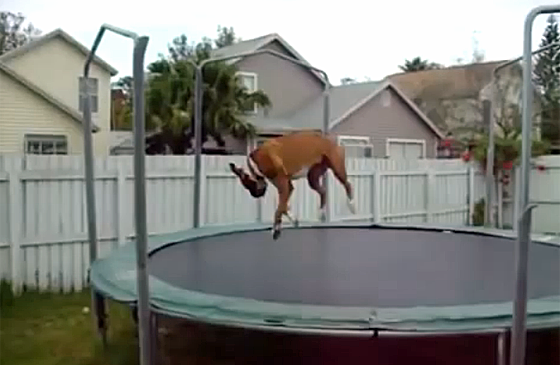
Katie Minter Jones on Bringing Joy to Foster Kids with Easter Baskets
Katie Minter Jones, who as a child spent years in foster care, shares how she came to make an annual tradition of giving Easter baskets to kids who might not otherwise receive them.
View Transcript
Hi Guideposts. My name is Katie Minter Jones, and I live in Musella, Georgia.
When I was four, I went to my first foster home for approximately three or four months, and then when I was seven, I went into the children’s home and into another foster home for a while. And then I went back to the foster home for approximately seven years.
There were some difficult times; there were a lot of good times also, you know, being with other children.
I had thought about making Easter baskets for years, but it just seemed so overwhelming. And then one year I called a children’s home because I’d made hair bows. The social worker talked to me and told me what they really needed was Easter baskets, that most of them had never had one, and the thought and memory of me never have an Easter basket—until I was grown, my husband bought me my first one—prompted me to do this for children. This is our 22nd year with Baskets of Joy.
The first thing that goes into a basket is a Bible. Second, they get a chocolate bunny, they get candy, they get four gifts each, and they get a stuffed animal.
I think the thing that the kids like most about the Easter baskets is knowing that someone cared enough to make them an Easter basket. I visited some children one year after Easter; they didn’t know we had provided the baskets, but they were talking about the stuffed animals. They loved the stuffed animals—and of course the candy.
It works well. We put together usually over 500 a year now. We set up an assembly line, and people go through—on one table is all the gifts for that age and gender group. We finish those baskets for how many we have, and then we change that table out and start all over.
I get a lot of donations through letters, word of mouth, I speak to church groups as well. At the end of every season, I purchase a lot of clearance items—Easter baskets, the grass, the plastic eggs.
If you want to help somebody but you’re unsure of it or unmotivated, put yourself in that person’s situation. Think about how they feel, and then maybe you’ll be prompted to help them more.









